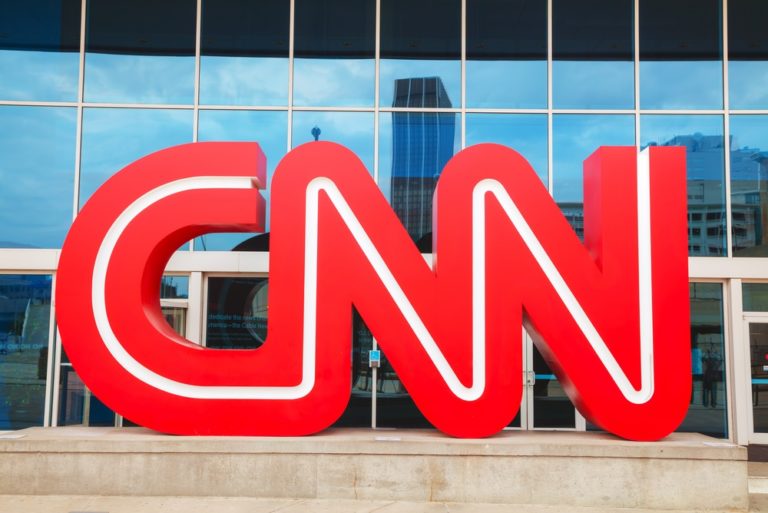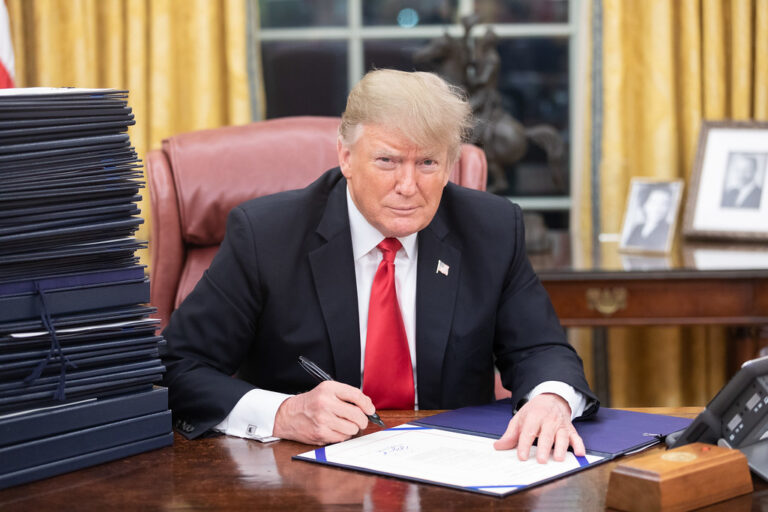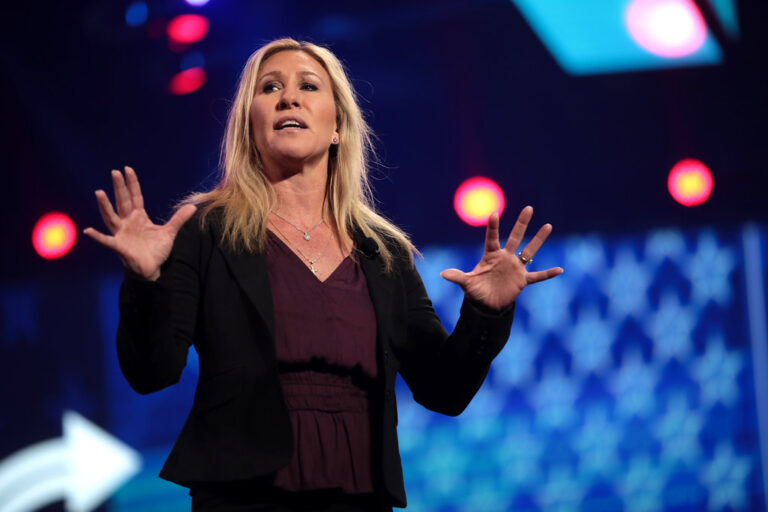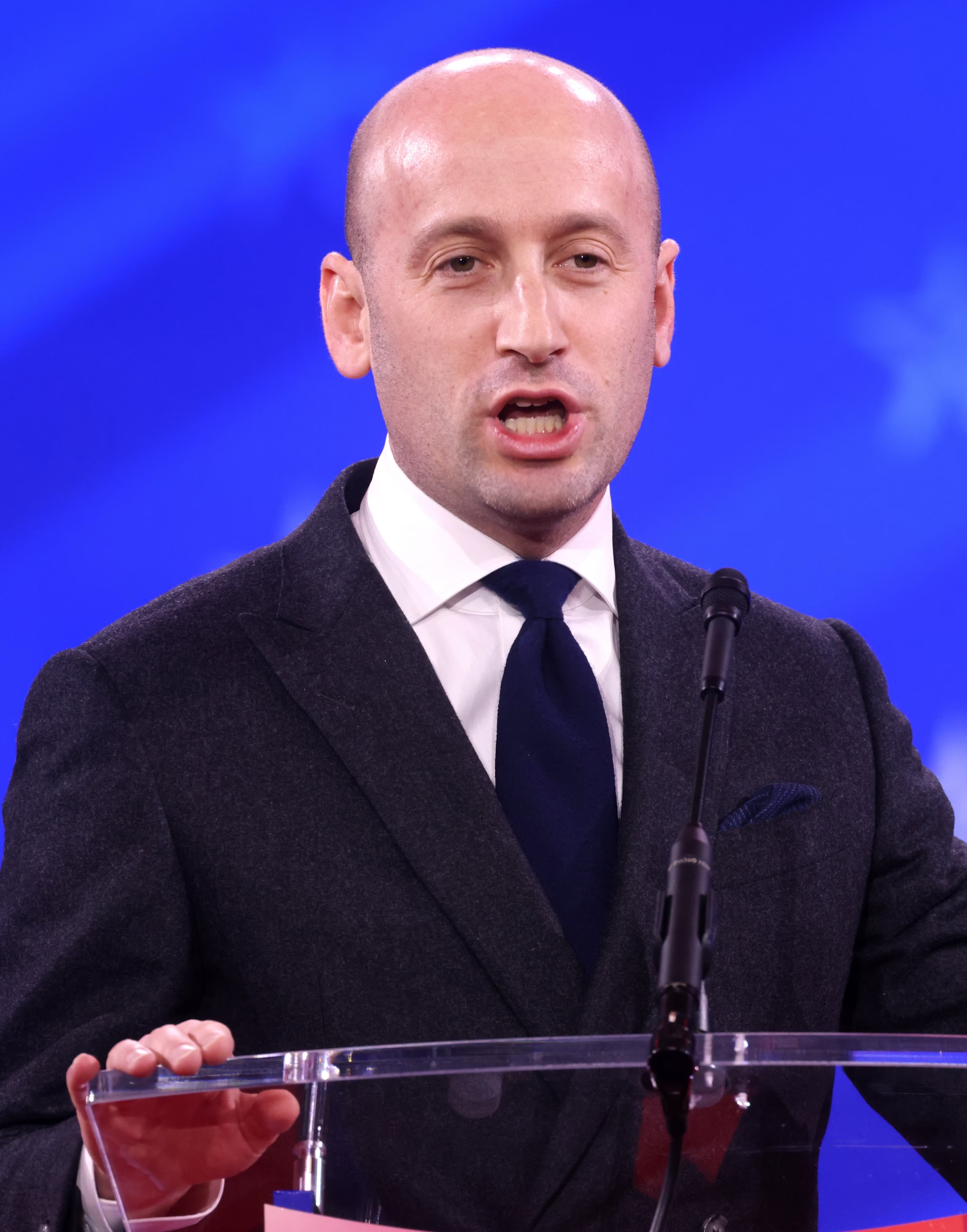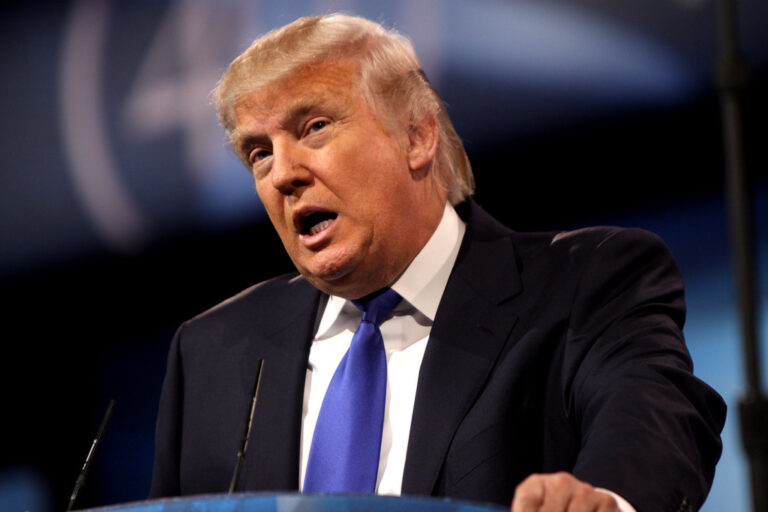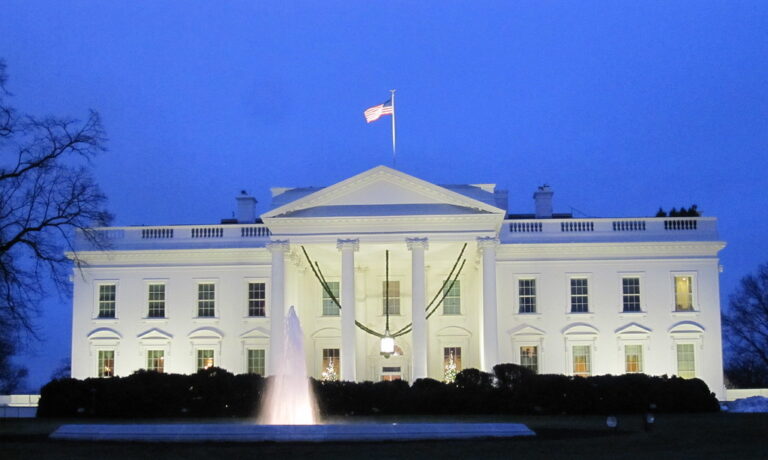Key Takeaways
• Democrats clashed with a GOP strategist over the White House ballroom renovation.
• The project’s cost jumped from $200 million to more than $300 million.
• Lawmakers demand more transparency and normal oversight.
• The GOP strategist insists private funding removes any ethical conflict.
Republican strategist Tim Parrish defended President Trump’s latest ballroom renovation on CNN. Yet Democrats Sara Jacobs and Tom Suozzi blasted his stance. They argued that more oversight must oversee the private project.
The CNN Debate Heats Up
Last Tuesday night, Rep. Sara Jacobs and Rep. Tom Suozzi joined “NewsNight with Abby Phillip.” They spoke directly about the government shutdown and Trump’s decision to start a massive ballroom renovation while Congress is out of session. Moreover, they challenged any notion that the project should skip normal review.
Host Abby Phillip turned to Tim Parrish and asked whether President Trump should disclose who funds the ballroom renovation. Parrish hesitated, saying more information was needed before making conclusions. However, Jacobs and Suozzi did not buy that answer.
Oversight Concerns Grow
Rep. Suozzi said loudly, “A big theme with this administration is no oversight.” He called for a normal government process. He noted that even privately funded projects usually undergo checks. Meanwhile, Rep. Jacobs pressed for details about donors and fundraising.
Parrish defended Trump by pointing out that private funds cover the renovation. He argued that the president shouldn’t owe the public a detailed accounting. Jacobs then exploded at this viewpoint. She said, “That’s not how ethics works!” Suozzi added that the White House has rules for careful spending, no matter the money source.
The Cost of the Ballroom Renovation
Originally, the ballroom renovation carried a $200 million price tag. However, recent reports show the figure rising above $300 million. Critics worry this extra $100 million could come from unknown donors. They fear undue influence or hidden favors.
Furthermore, the ballroom renovation represents the largest single Trump-era project at the White House. In fact, the plan includes new floors, updated ceilings, improved lighting, and high-end furnishings. However, without proper oversight, no one knows if costs stayed reasonable.
Defining Ethical Oversight
Every government project usually follows strict rules. These rules include public bidding, cost reviews, and watchdog checks. Yet the ballroom renovation appears to have skipped many of these steps. Democrats argue this creates a dangerous precedent for future leaders.
In addition, public trust can suffer when projects operate in secret. Citizens expect transparency in how taxpayer or private dollars are used. Meanwhile, Republicans like Parrish insist private funding relieves the need for detailed disclosure. However, critics say that argument ignores basic ethics principles.
Private versus Public Funding
Some experts say private money still needs clear oversight. After all, donors might seek political favors in return. Moreover, private donors often include corporations or wealthy individuals. This can raise questions about undue influence on policy decisions.
Despite these concerns, Parrish insisted on CNN that the White House followed every rule. He added that naming every donor could violate privacy rights. However, Sueozzi and Jacobs shot back. They said leaders who govern by exception risk public trust.
Budget Process and Shutdown Impact
On top of renovation questions, the ballroom project coincided with a looming government shutdown. Jacobs argued that Congress should focus on passing essential funding bills before new projects begin. She said, “We can’t ignore our duty to keep services running.” Suozzi agreed, noting that government salaries, parks, and health programs rely on regular appropriations.
Meanwhile, a stalled budget makes oversight harder. With lawmakers missing from the Capitol, fewer minds can review spending plans. This vacuum creates an opening for large contracts to slip through with minimal scrutiny.
What Happens Next?
With the CNN debate making headlines, both sides now face pressure to act. Democrats plan to demand documents and donor lists related to the ballroom renovation. They may also introduce a bill to require formal oversight for any White House project over $50 million.
On the other hand, Republicans remain on the defensive. They argue Democrats seek political fights ahead of midterm elections. Parrish said on TV that opponents should focus on policy, not personal attacks. Yet the rising cost and secrecy keep the ballroom renovation in the spotlight.
Public Reactions and Media Response
Social media users expressed mixed feelings. Some praised Jacobs and Suozzi for challenging the GOP strategist. Others sided with Parrish, saying private funds justify fewer rules. Still, most agree the cost jump feels excessive.
Major newspapers and political blogs have picked up the story. They note that past White House renovations used taxpayer dollars, but always under Congress’s eye. In contrast, this effort seems to be treated as Trump’s personal project. That contrast further fuels calls for transparency.
Historical Context of White House Projects
Over the last century, multiple presidents ordered interior updates. The Truman renovation in the 1950s gutted the structure. The Reagan-era updates focused on safety, not splendor. Barack Obama’s repairs cost about $4 million.
Thus, the current ballroom renovation dwarfs previous efforts. Its price tag exceeds all past projects combined. Unsurprisingly, that fact drew the attention of lawmakers and watchdogs alike.
Breaking Down the Figures
• Initial estimate: $200 million.
• Revised estimate: more than $300 million.
• Funding source: private donors and Trump himself.
• Scope: new flooring, ceiling restoration, lighting overhaul, luxurious décor.
Critics want to see detailed budgets, contractor bids, and donor names. They claim this information should be public to ensure no backroom deals.
Moving Toward More Transparency
Going forward, both parties may find a compromise. For example, the White House could release a summary report. This report might outline cost categories and major funding sources. In this way, officials balance privacy concerns with public interest.
Finally, if the administration agrees to such a report, it could ease tensions. Lawmakers could refocus on other urgent issues. However, if the White House refuses, the debate will likely continue.
FAQ
What is the White House ballroom renovation about?
It’s a major interior update of the East Room ballroom. The plan covers floors, ceilings, lighting, and decor.
Who funds the ballroom renovation?
Funding comes from private donations and President Trump’s personal money. No tax dollars are used.
Why do lawmakers demand more oversight?
They worry that high costs and secret donors can hide conflicts. Oversight ensures fair bidding and prevents political favors.
What could happen next in Congress?
Lawmakers may push for a bill requiring formal review of large private-funded projects at the White House.

